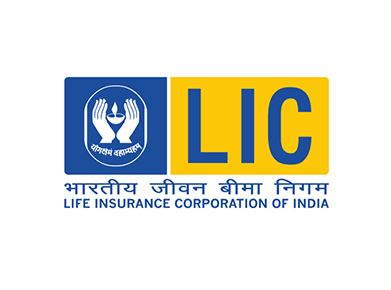In a market budget, most economic decision making is done through charitable transactions according to the laws of supply and demand. They follow profit by creating outputs that are more valuable than the inputs they use up, and free to fail and go out of business if they do not. Economists broadly agree that more market-oriented economies produce better economic outcomes, but fluctuate on the accurate balance between markets and central planning that is best to provide stability, equity, and long term welfares.

Image courtesy: https://www.datadriveninvestor.com/2019/10/17/market-economy-and-cycles-part-1/
Market Economic Theory
Market economies work using the forces of source and demand to define the suitable prices and quantities for most goods and services in the economy. Entrepreneurs arrange factors of production and combine them in co-operation with employees and financial backers, to create goods and services for customers or other trades to purchase. Buyers and sellers agree on the terms of these trades happily based on consumers’ preferences for various goods and the revenues that productions want to receive on their investments.
The delivery of resources by entrepreneurs across different businesses and production procedures is determined by the profits. They hope and expect to create by creating output that their customers will value more extremely than the financiers had to pay for the inputs. Industrialists that successfully do so are rewarded with profits that they can reinvest in future business and those who fail to do so either learn to expand overtime or go out of business.
Characteristics of a Market Economy
Here are some of the features of the market economy.
- Private Property
- Freedom of Choice
- Motive of Self-Interest
- Competition
- System of Markets and Prices
- Limited Government
Advantages of a market economy
Here are some of the essential benefits of the market budget.
- Competition between different companies leads to improved efficiency, as organizations do whatever is essential including placing off workers to lower their costs;
- Most people work harder;
- There is more invention as businesses look for new goods to sell and inexpensive ways to do their work;
- Foreign investment is attracted as word gets out about the new chances for earning a profit;
Disadvantages of the market economy
The following are the disadvantages of the market budget.
- Inaccurate investment priorities, as wealth gets directed into what will earn the largest profit and not into what most people really need;
- Fading misuse of workers, since the tougher, faster, and longer people work, just as the less they acquire paid the more profit is earned by their manager.
Conclusion
The market economy is evidently the popular system of choice, there is an important debate regarding the amount of government intervention measured optimal for efficient economic operations. Economists mostly trust that more market-related economies will be rather successful at generating wealth, economic development, and increasing living standards, but often differ on the precise scope, scale, and precise roles for government intervention that are essential to give the important legal and institutional framework that markets might need in order to function well.











